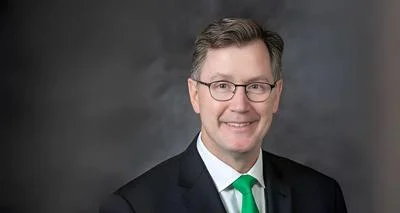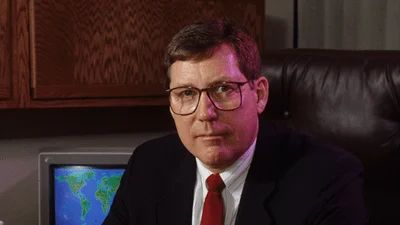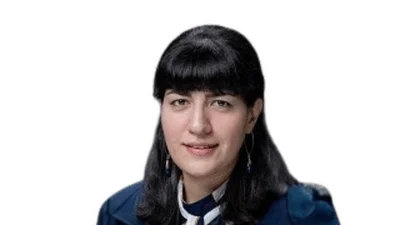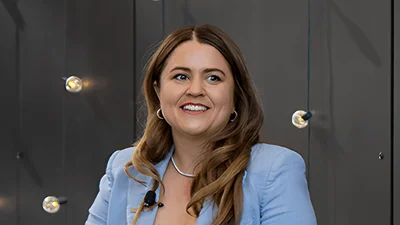Dr. Andrew Armacost, President | University of North Dakota
Dr. Andrew Armacost, President | University of North Dakota
A group of educators gathered at the University of North Dakota's Education Building on April 12 to address the issue of teacher burnout. The workshop, part of Assistant Professor Akorede Teriba’s UND CONNECT initiative titled "Decreasing Teacher Burnout Through Action Research," aims to provide teachers with strategies to cope with professional stress and support one another.
The five-hour session was facilitated by Teriba and faculty from the College of Education & Human Development. It focused on communication, boundary setting, and peer support as methods to mitigate stress. “This is a dual approach,” Teriba explained. “If we can support the teachers while also addressing the systems that they work in, we can make a difference for students and teachers.”
Counseling psychology student Kathryn Ellingson emphasized the importance of peer support among educators: “We’re teaching teachers how to be there for each other,” she said. Amber Peterson, another student involved in the project, noted social media's role in creating a culture of "toxic positivity" that alienates struggling teachers.
Participants shared experiences about miscommunication, emotional challenges with students, and difficulties separating home life from work. These discussions revealed common themes contributing to burnout.
Callan Bruce, a multilingual-learner teacher at Central High School who attended the workshop for preventative reasons stated: “I wanted to learn this now so I know how to handle things and avoid the point that some teachers get to.” Bruce highlighted the need for self-compassion: “Give yourself the grace that you give to other people.”
Teachers left with plans for biweekly meetings aimed at reinforcing what they learned through continued peer support. While this component forms a significant part of UND CONNECT, Teriba hopes it will grow beyond Grand Forks into broader programs.
“Part of this project was to help teachers better support one another," he said. However, he acknowledged systemic issues like administrative duties and evaluation processes as major contributors to burnout.
Teriba views their current efforts as a "pilot program" with potential expansion across North Dakota or even nationally based on insights gained from UND CONNECT.





 Alerts Sign-up
Alerts Sign-up